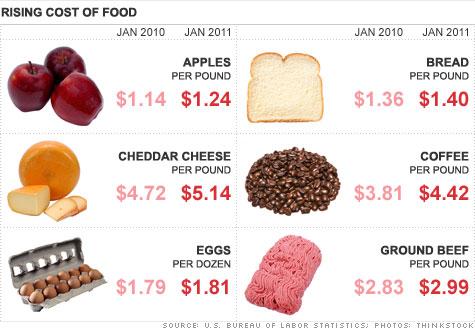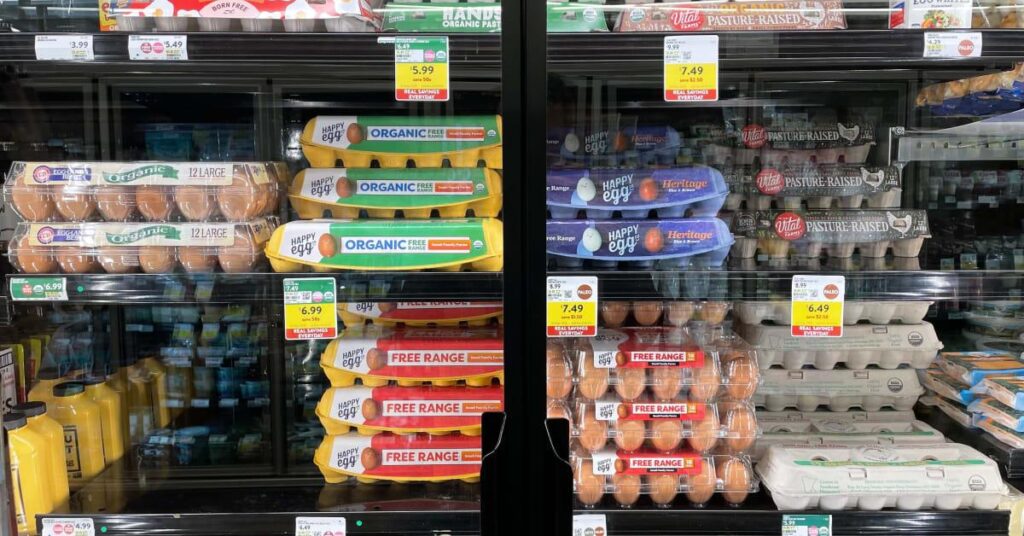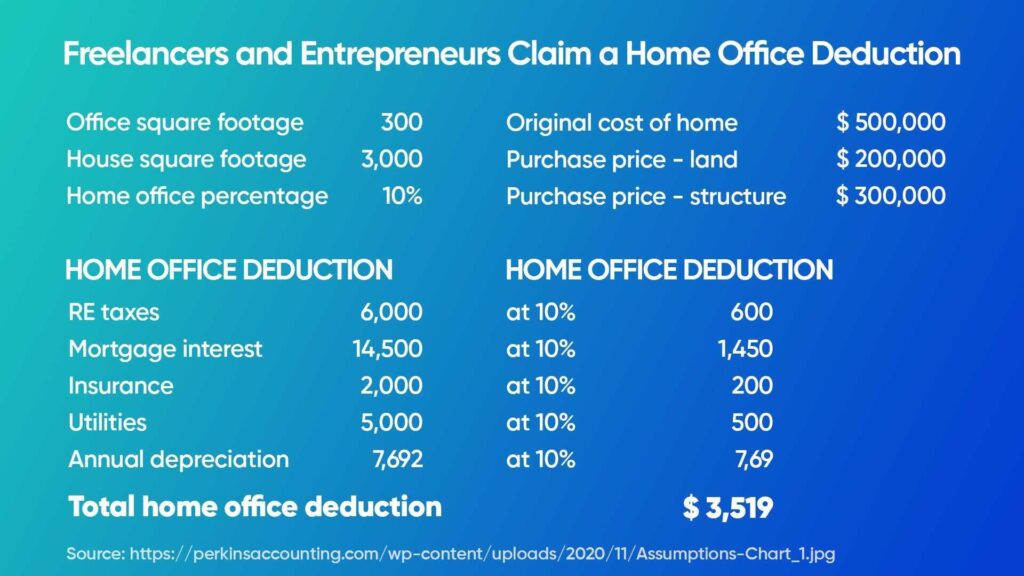In the shadow of Utah’s picturesque landscapes and booming economy, a silent crisis is unfolding—one that threatens to transform the fundamental right of shelter into an unattainable dream. The Utah Housing Coalition’s latest report pierces through the veneer of prosperity, revealing a stark reality where housing has morphed from a basic necessity into a potential luxury reserved only for the financially fortunate. As skyrocketing prices and stagnant wages create an increasingly insurmountable barrier, the state stands at a critical crossroads, challenging long-held assumptions about accessibility and economic chance. In the heart of Utah, a pressing crisis is unfolding that threatens the very foundation of community stability: affordable housing. The recent report by the Utah Housing Coalition paints a stark picture of a housing market spiraling out of control, where the dream of homeownership has become increasingly distant for middle-class families.
Skyrocketing prices have transformed housing from a basic necessity to an exclusive commodity.Median home prices have outpaced wage growth by astronomical margins, creating a widening chasm between earnings and housing costs. Young professionals, families, and long-time residents find themselves trapped in a real estate landscape that seems increasingly inhospitable.
Data reveals a troubling trend. Salt Lake City and surrounding metropolitan areas have experienced a 30% increase in housing prices over the past three years, while median incomes have stagnated. This disconnect creates a perfect storm of housing insecurity, pushing many residents to the brink of displacement.
Rental markets offer no relief. Average monthly rents now consume nearly 40% of median household incomes, far exceeding the recommended 30% threshold for housing affordability. Low-income workers and essential community members face impossible choices between maintaining housing and meeting other basic needs.
Urban sprawl and limited housing growth exacerbate the problem. Zoning restrictions and complex regulatory environments discourage affordable housing construction.Developers prioritize high-end properties that promise greater profit margins, leaving middle and low-income residents with increasingly limited options.
The social implications are profound. Families are forced to live further from employment centers,increasing commute times and reducing quality of life. Young adults find themselves permanently delayed in achieving traditional life milestones like homeownership and family formation.Local governments have begun exploring potential solutions.Proposed initiatives include incentive programs for affordable housing development,rent control measures,and increased funding for housing assistance. Though, these efforts remain fragmented and insufficient to address the systemic challenges.
Community advocates argue that housing should be viewed as a fundamental right, not a luxury market commodity. The current trajectory threatens social mobility, community cohesion, and economic diversity. Without meaningful intervention,Utah risks creating a housing landscape that excludes all but the most affluent residents.
The Utah Housing Coalition’s report serves as a critical wake-up call. It demands immediate, comprehensive action from policymakers, developers, and community leaders to reimagine housing as an accessible, enduring resource for all.










